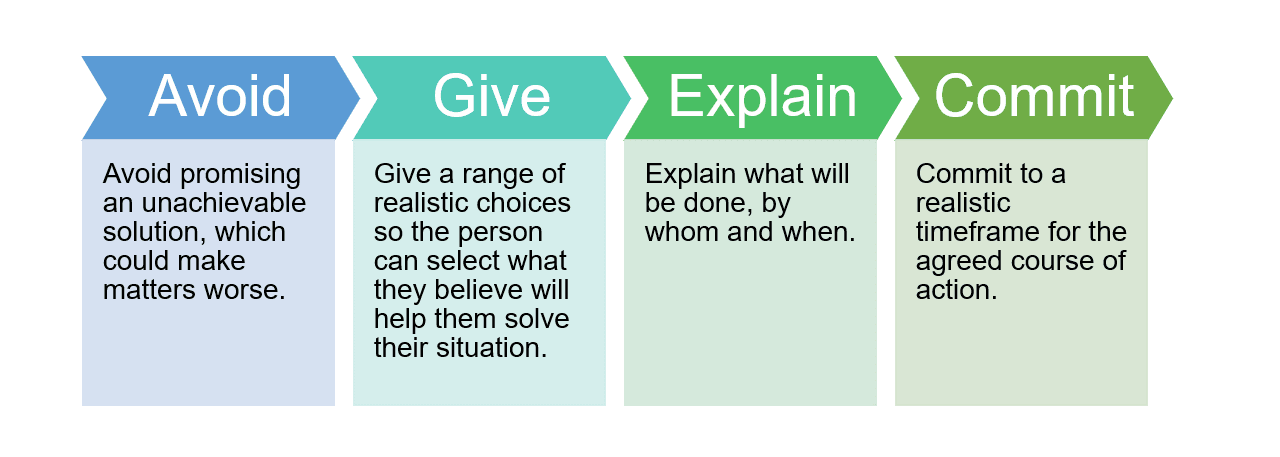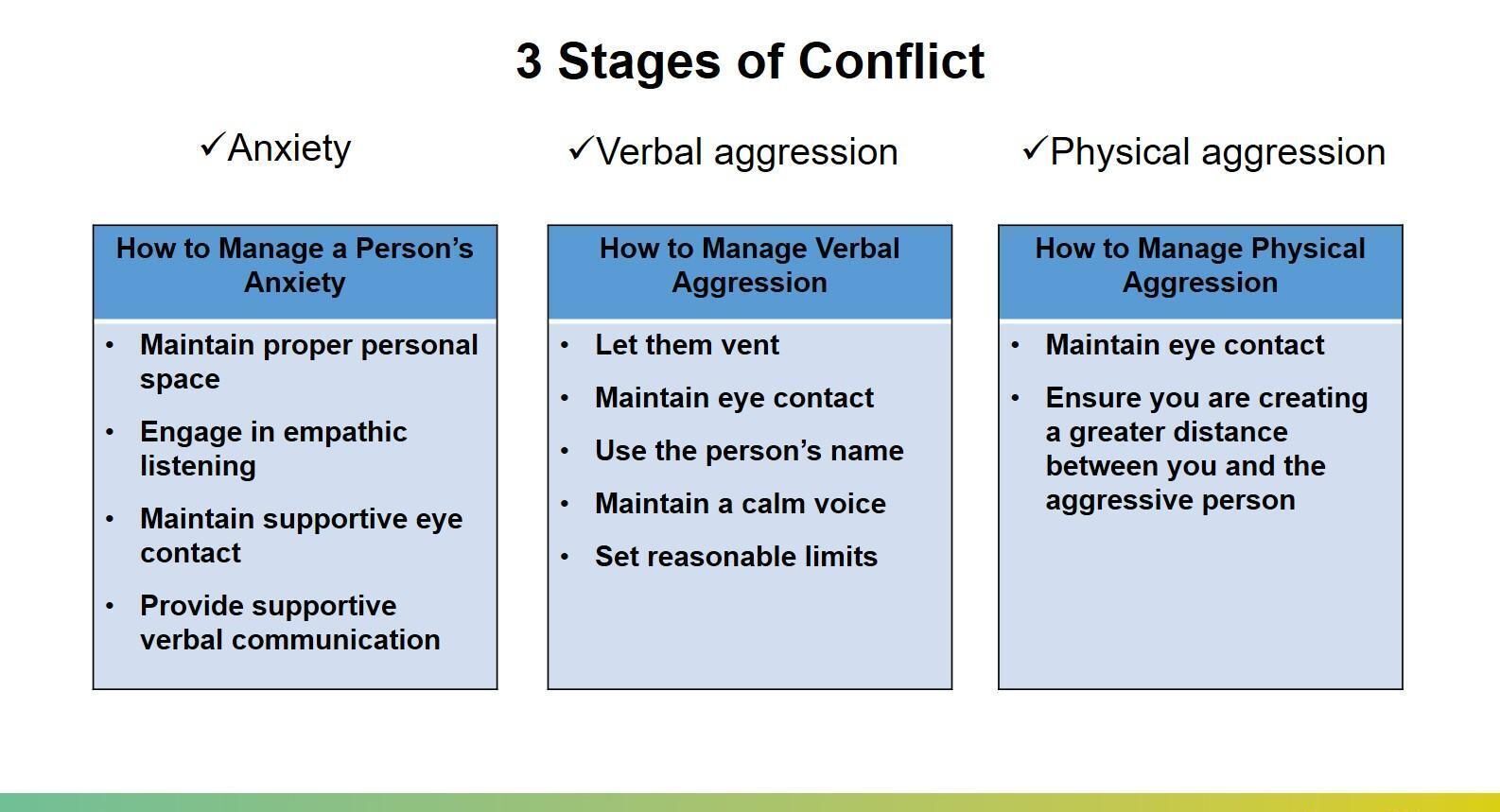Prevention and Screening Tools
Online screening is one of the quickest and easiest ways to determine whether you are experiencing symptoms of a mental health condition.
Mental health conditions, such as depression or anxiety, are real, common and treatable. And recovery is possible.
How does it work?
Following screening, you will be provided with information, resources and tools to help you understand and improve your mental health.
Please note: Online screening tools are meant to be a quick snapshot of your mental health. If your results indicate you may be experiencing symptoms of a mental illness, consider sharing your results with someone. A mental health provider (such as a doctor or a therapist) can give you a full assessment and talk to you about options for how to feel better.
If you need immediate help, you can reach the Orange County Crisis Call Center by DIALING 311 or 1-800-832-1200 or the Suicide & Crisis Lifeline by calling or texting 988 or using the chat box at 988lifeline.org/chat.
Click Here to Take a Mental Health Screening

Crisis Prevention
A crisis can be defined as a moment in time when an individual in your charge loses rational, and at times even physical, control over his or her own behavior. This can be very challenging and anxiety producing for those responsible for intervening. Due to the chaotic, unpredictable nature of a crisis, it is vital that you stay calm and proceed with a plan.
These crisis moments do not sprout into being without roots; there are always warning signs that let you know an individual’s behavior is escalating. By following the tips listed here, you can often intervene before the crisis becomes dangerous.
- Be empathic. Try not to judge or discount the feelings of others. Whether or not you think their feelings are justified, those feelings are real to the other person. Pay attention to them.
- Clarify messages. Listen for the person’s real message. What are the feelings behind the facts? Ask reflective questions and use both silence and restatements.
- Respect personal space. Stand at least 1.5 to 3 feet from an acting-out person. Invading personal space tends to increase the individual’s anxiety and may lead to acting-out behavior.
- Be aware of your body position. Standing eye-to-eye and toe-to-toe with a person in your charge sends a challenging message. Standing one leg-length away and at an angle off to the side is less likely to escalate the individual.
- Ignore challenging questions. When a person in your charge challenges your authority or a facility policy, redirect the individual’s attention to the issue at hand. Answering challenging questions often results in a power struggle.
- Permit verbal venting when possible. Allow the individual to release as much energy as possible by venting verbally. If you cannot allow this, state directives and reasonable limits during lulls in the venting process.
- Set and enforce reasonable limits. If the person becomes belligerent, defensive, or disruptive, state limits and directives clearly and concisely. When setting limits, offer choices and consequences to the acting-out individual.
- Keep your nonverbal cues nonthreatening. The more an individual loses control, the less that individual listens to your actual words. More attention is paid to your nonverbal communication. Be aware of your gestures, facial expressions, movements, and tone of voice.
- Avoid overreacting. Remain calm, rational, and professional. Your response will directly affect the person’s behavior.
- Use physical techniques only as a last resort.Save & Close
- Use the least restrictive method of intervention possible. Physical techniques should be used only when individuals are a danger to themselves or others. Physical interventions should be used only by competent/trained individuals. Any physical intervention may be dangerous.



